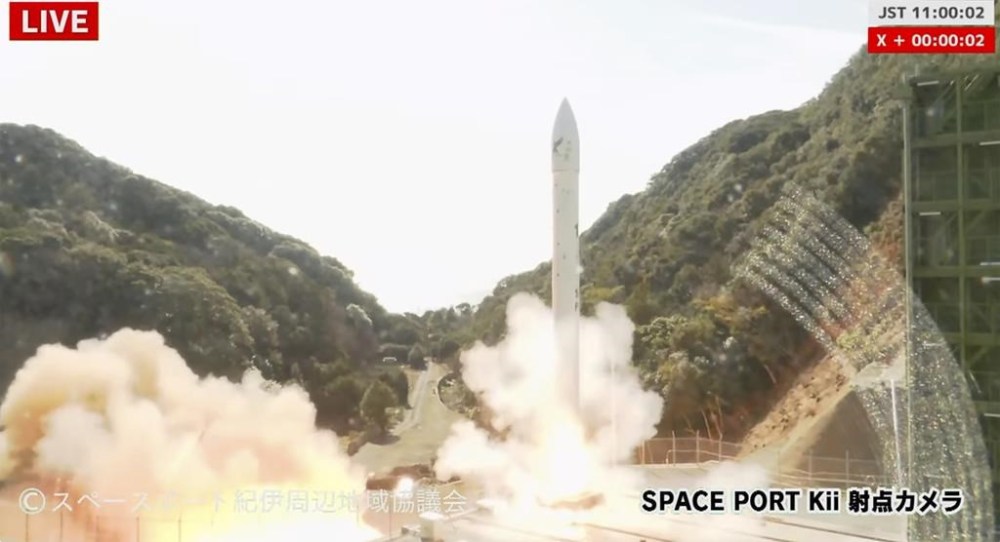Japanese space startup aborts 2nd satellite launch attempt minutes after liftoff
Advertisement
Read this article for free:
or
Already have an account? Log in here »
We need your support!
Local journalism needs your support!
As we navigate through unprecedented times, our journalists are working harder than ever to bring you the latest local updates to keep you safe and informed.
Now, more than ever, we need your support.
Starting at $15.99 plus taxes every four weeks you can access your Brandon Sun online and full access to all content as it appears on our website.
Subscribe Nowor call circulation directly at (204) 727-0527.
Your pledge helps to ensure we provide the news that matters most to your community!
To continue reading, please subscribe:
Add Brandon Sun access to your Free Press subscription for only an additional
$1 for the first 4 weeks*
*Your next subscription payment will increase by $1.00 and you will be charged $20.00 plus GST for four weeks. After four weeks, your payment will increase to $24.00 plus GST every four weeks.
Read unlimited articles for free today:
or
Already have an account? Log in here »
Hey there, time traveller!
This article was published 17/12/2024 (326 days ago), so information in it may no longer be current.
TOKYO (AP) — A Japanese space startup said its second attempt to launch a rocket carrying satellites into orbit had been aborted minutes after liftoff Wednesday, nine months after the company’s first launch attempt ended in an explosion.
Space One’s Kairos No. 2 rocket lifted off from a site in the mountainous prefecture of Wakayama in central Japan.
The company said it had aborted the flight after concluding that it was unlikely to complete its mission. The cause of the flight failure was not immediately known. Space One is expected to give further details at a news conference later Wednesday.

Space One aims to be Japan’s first company to put a satellite into orbit, hoping to boost to Japan’s lagging space industry with a small rocket for an affordable space transport business.
Wednesday’s flight, postponed twice from Saturday due to strong winds, came nine months after a failed debut flight in March, when the rocket was intentionally exploded five seconds after takeoff. The flight was carrying a government satellite that was intended to monitor North Korea’s missile launches and other military activities.
Kairos No. 2 rocket was carrying five small satellites, including one from the Taiwanese space agency and several from Japanese startups.
Space One said it had fixed the cause of the debut flight failure, which stemmed from a miscalculation of the rocket’s first-stage propulsion.
Japan hopes the company can pave a way for a domestic space industry that competes with the United States.

Tokyo-based Space One was set up in 2018 with investments from major Japanese companies, including Canon Electronics, IHI, Shimizu and major banks, to commercialize space delivery services at lower costs and regular flights as many as 20 times a year, compared to six currently planned by the government-led space program.
Japan’s space development programs are led by Japan Aerospace Exploration Agency, or JAXA, and industry leaders such as Mitsubishi Heavy Industries and IHI, as they develop two main flagship rockets, the large H3 rocket and the much smaller Epsilon, to cater to the growing satellite transport business.
